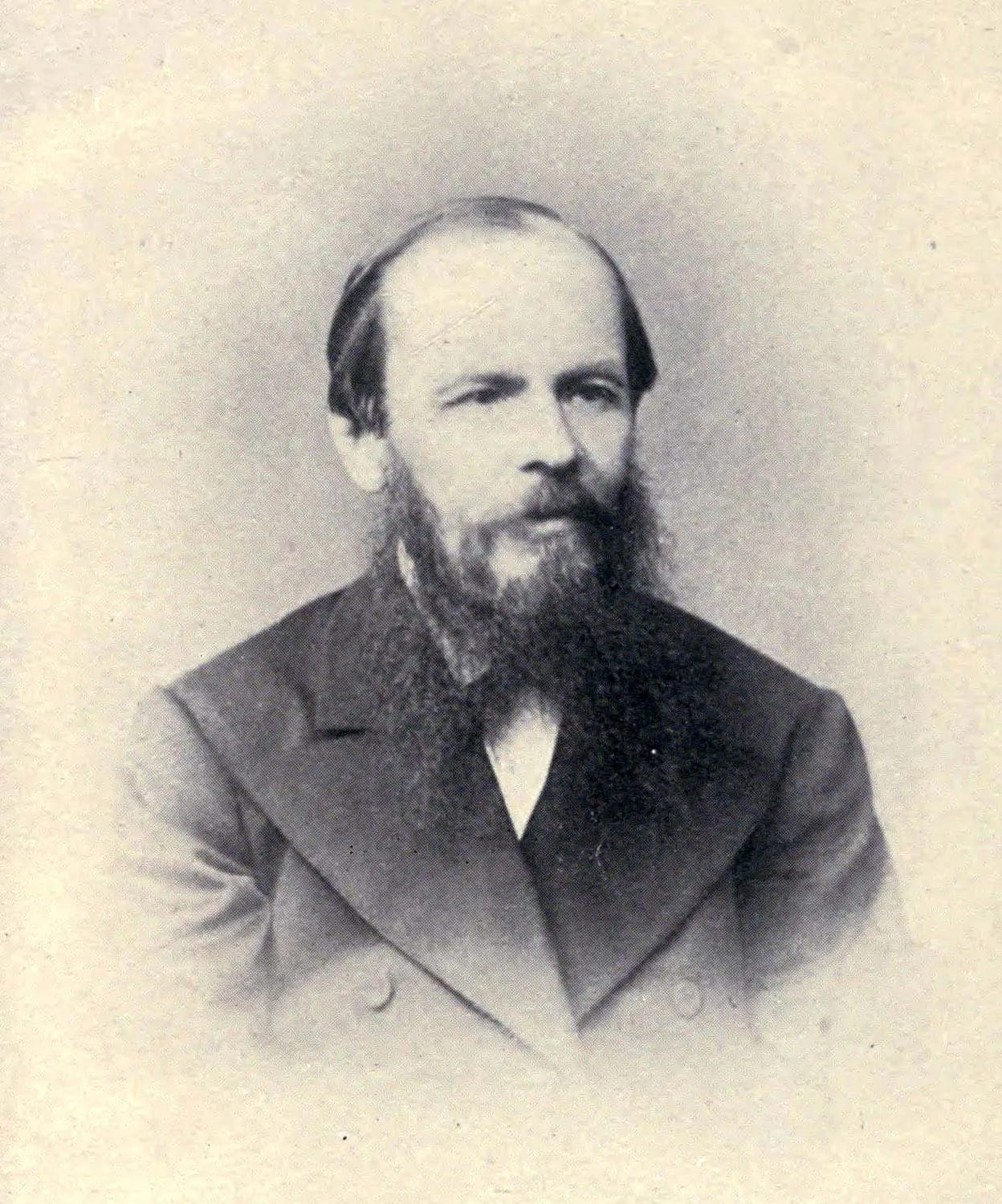Truth Must Have Falsehood - According to Dostoevsky
Converging Ideas from Dostoevsky, Nietzsche, and Jung
Hello Friends,
This article is for my premium subscribers on Substack. However, a similarly themed podcast episode will be released in the future for those who are not premium subscribers.
Stay Strong & Stoic,
Brandon
“My friend, the truth is always implausible, did you know that? To make the truth more plausible, it’s absolutely necessary to mix a bit of falsehood with it. People have always done so.”
Fyodor Dostoevsky
Dostoevsky explored many interesting, sometimes even contradictory, ideas in his novels. An existentialist Christian, he certainly philosophized much on the topic of truth.
I’ve been fascinated with the idea of truth for quite some time. What does it mean for something to be true? Does it simply mean objective truth? Are there other truths worth considering, such as metaphorical truths or, what I call, philosophical truths?
These are broad questions, and it would take a book to even attempt to answer them.
However, the idea that Dostoevsky presents above - that people are unable to palate the truth without a little bit of falsehood - really points to an undebatable truth about truth - it is often difficult for us to accept.
Keep reading with a 7-day free trial
Subscribe to The Strong Stoic Newsletter to keep reading this post and get 7 days of free access to the full post archives.




